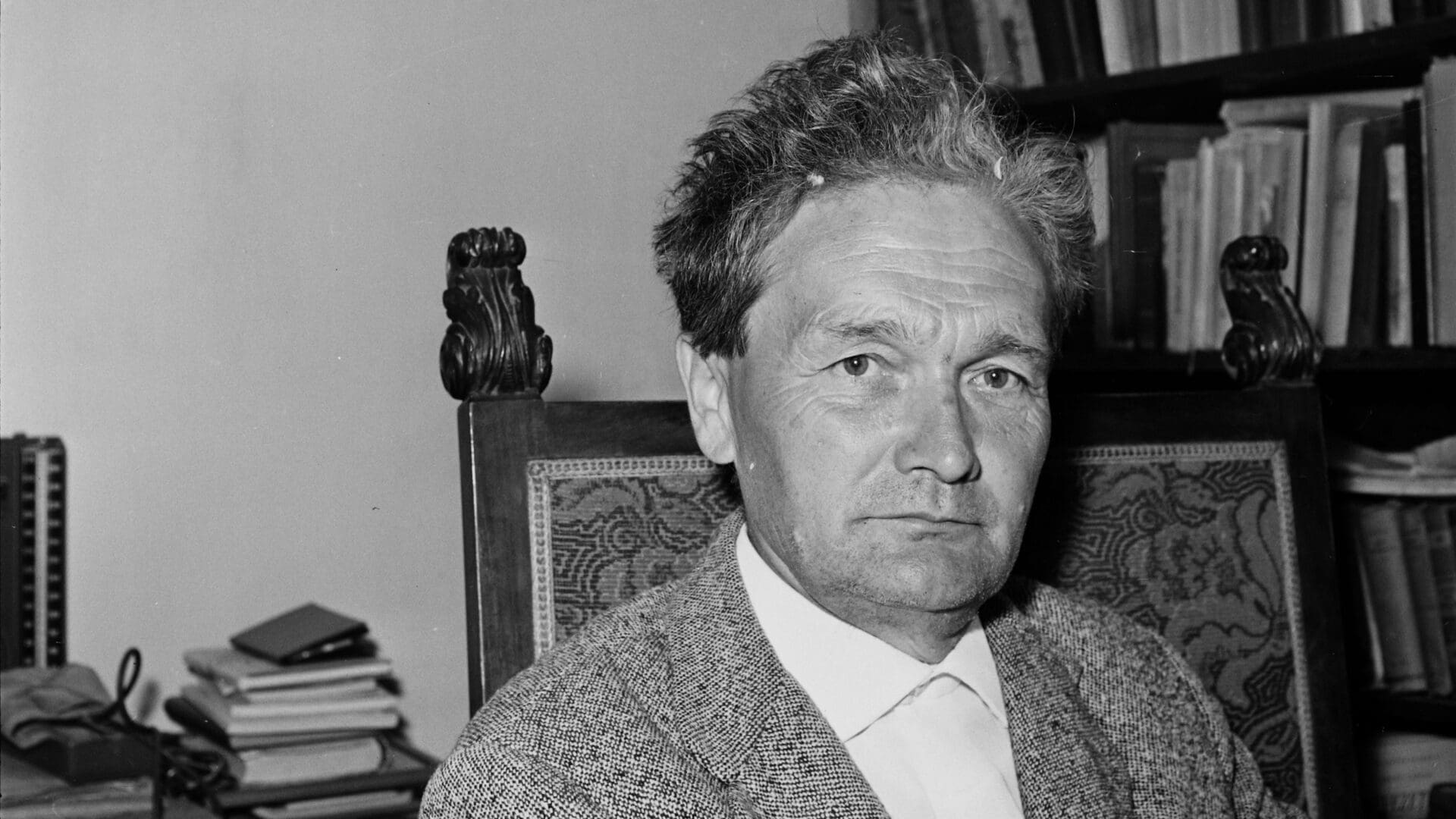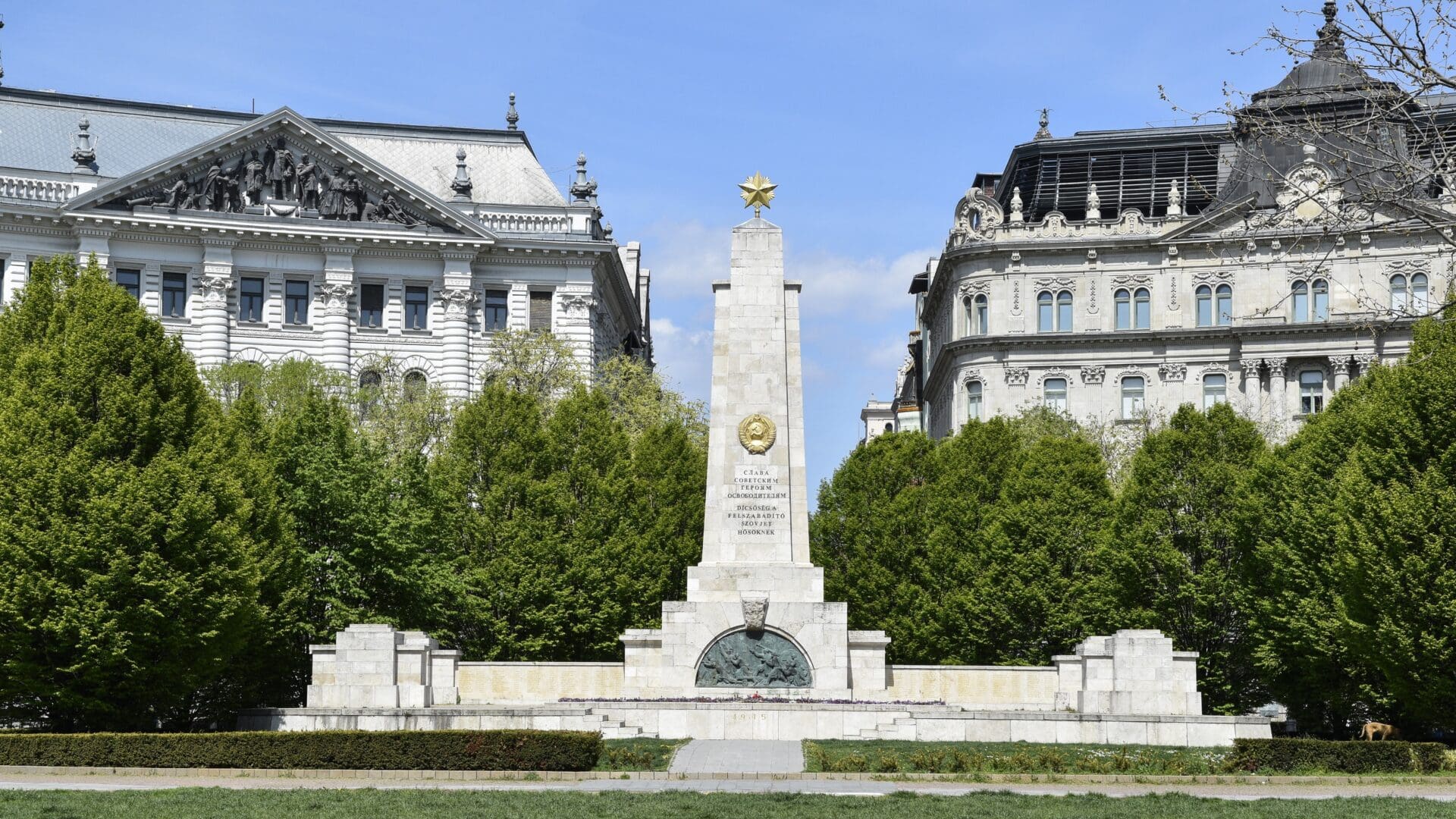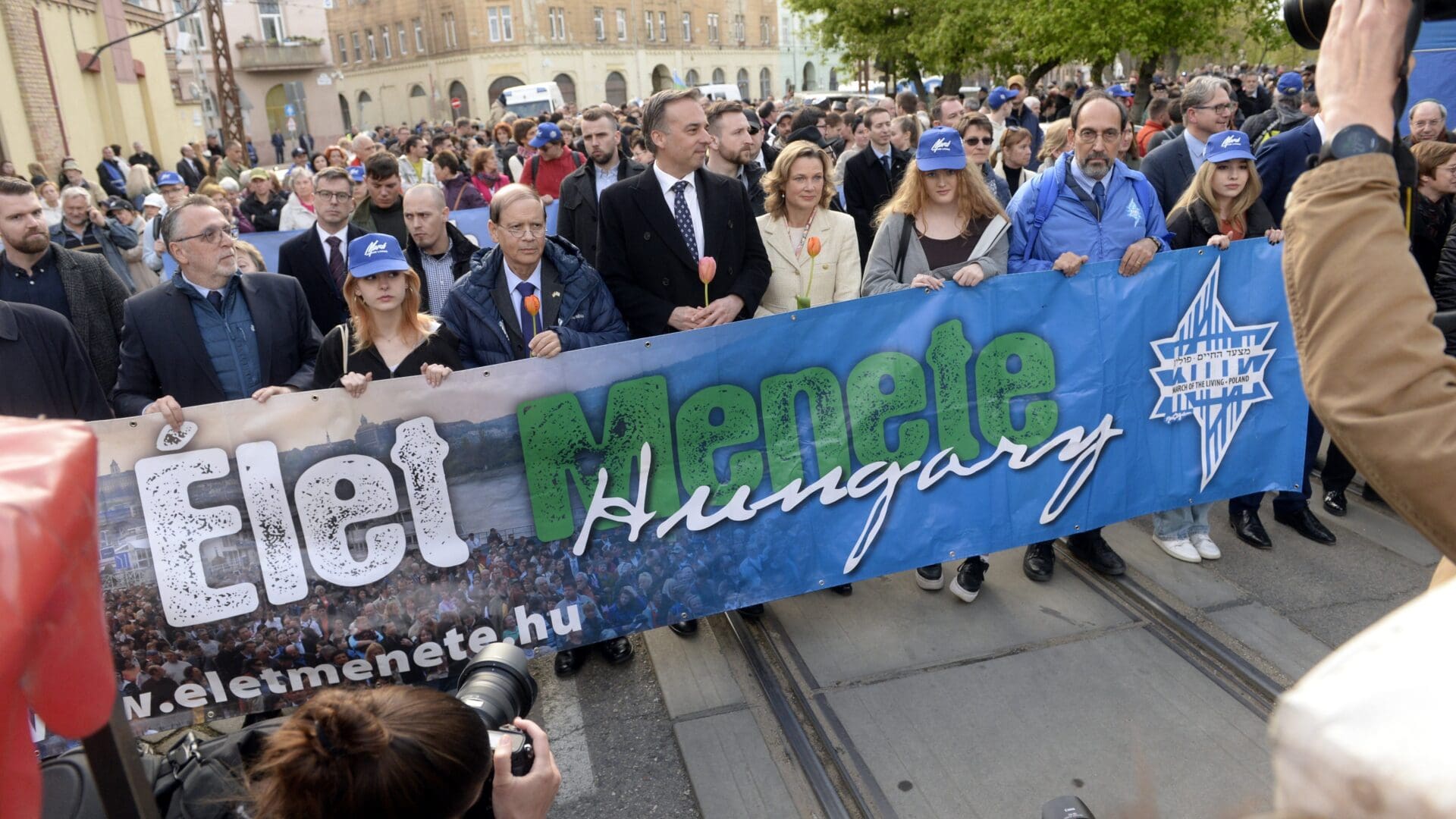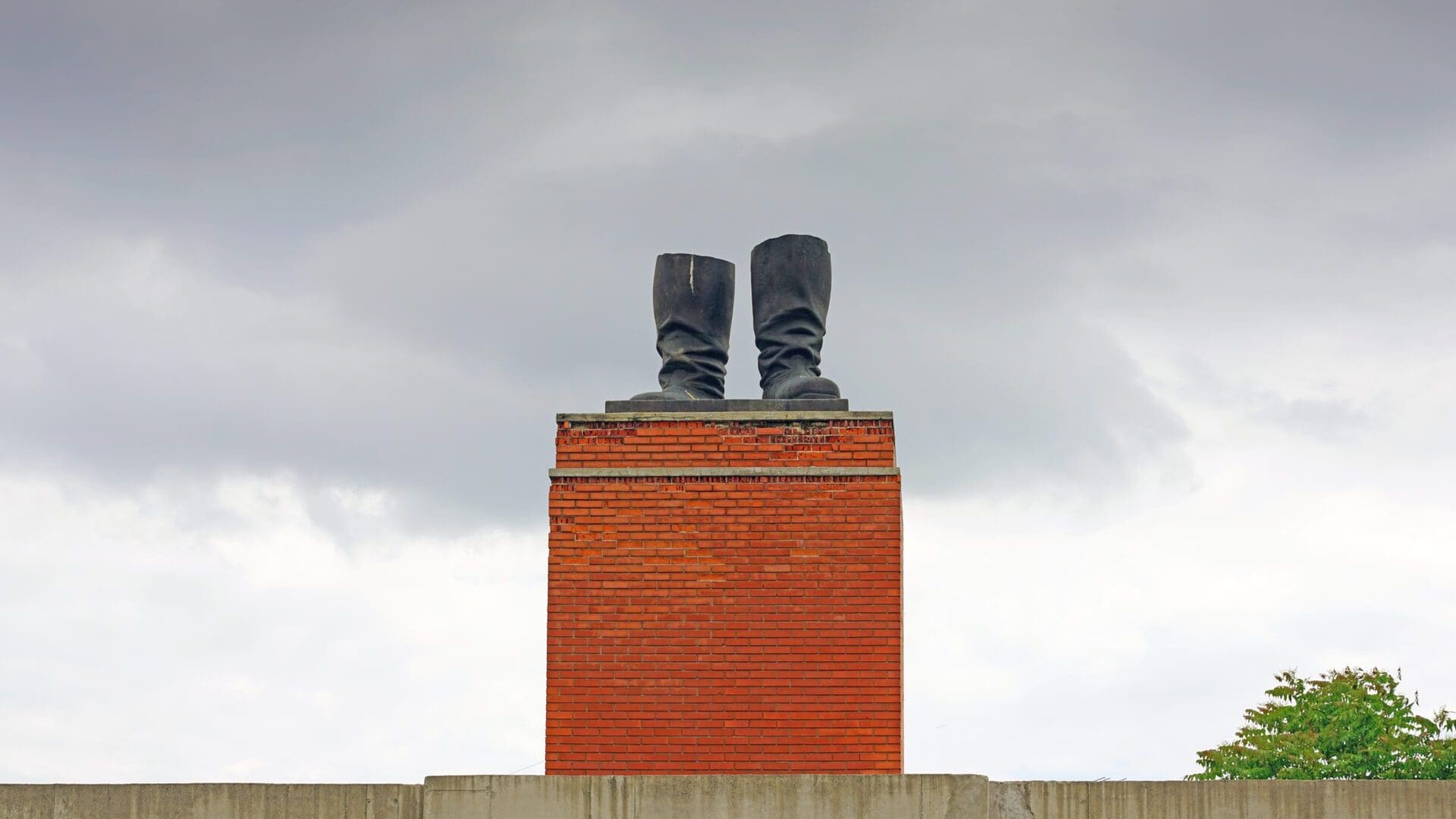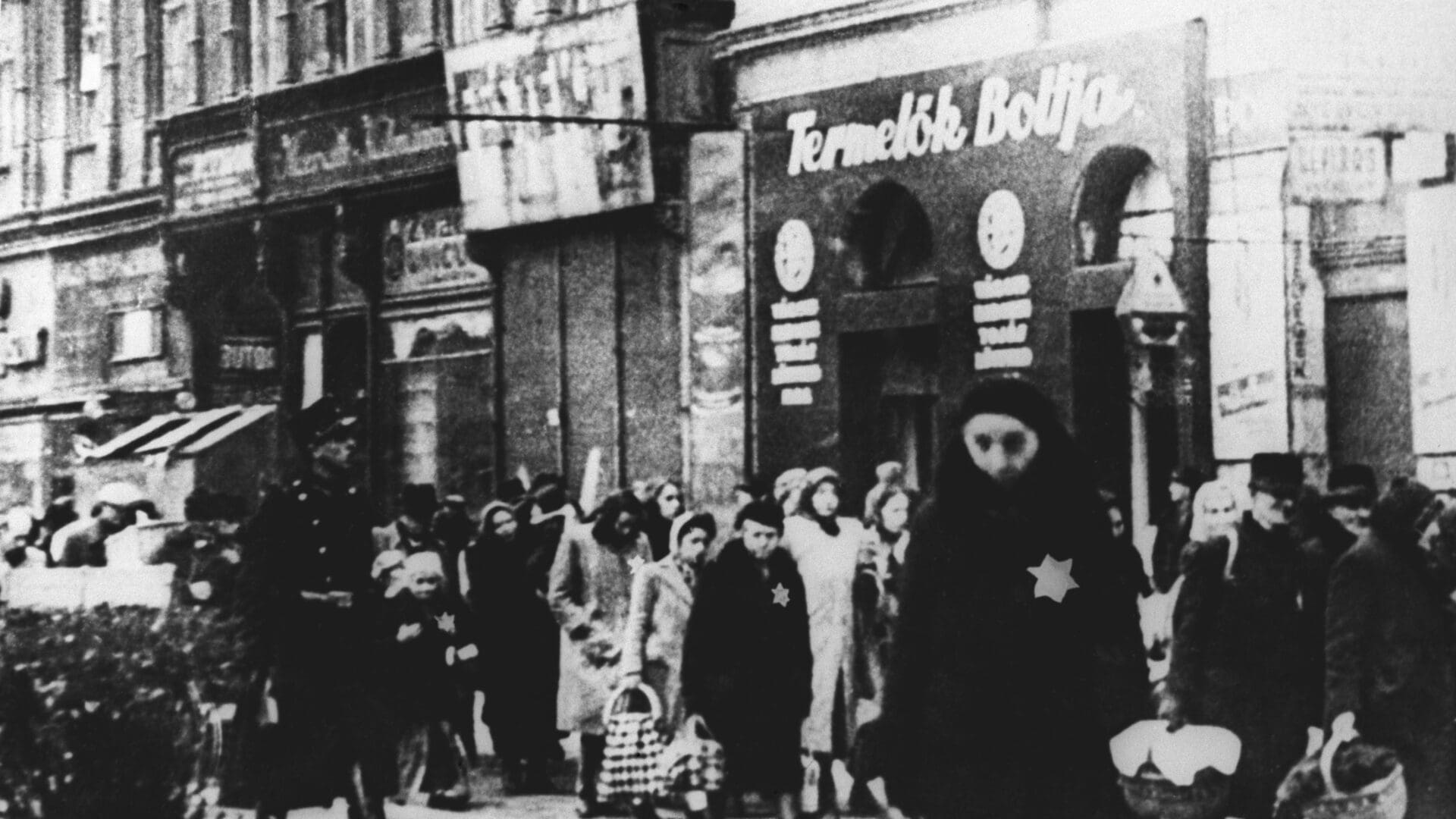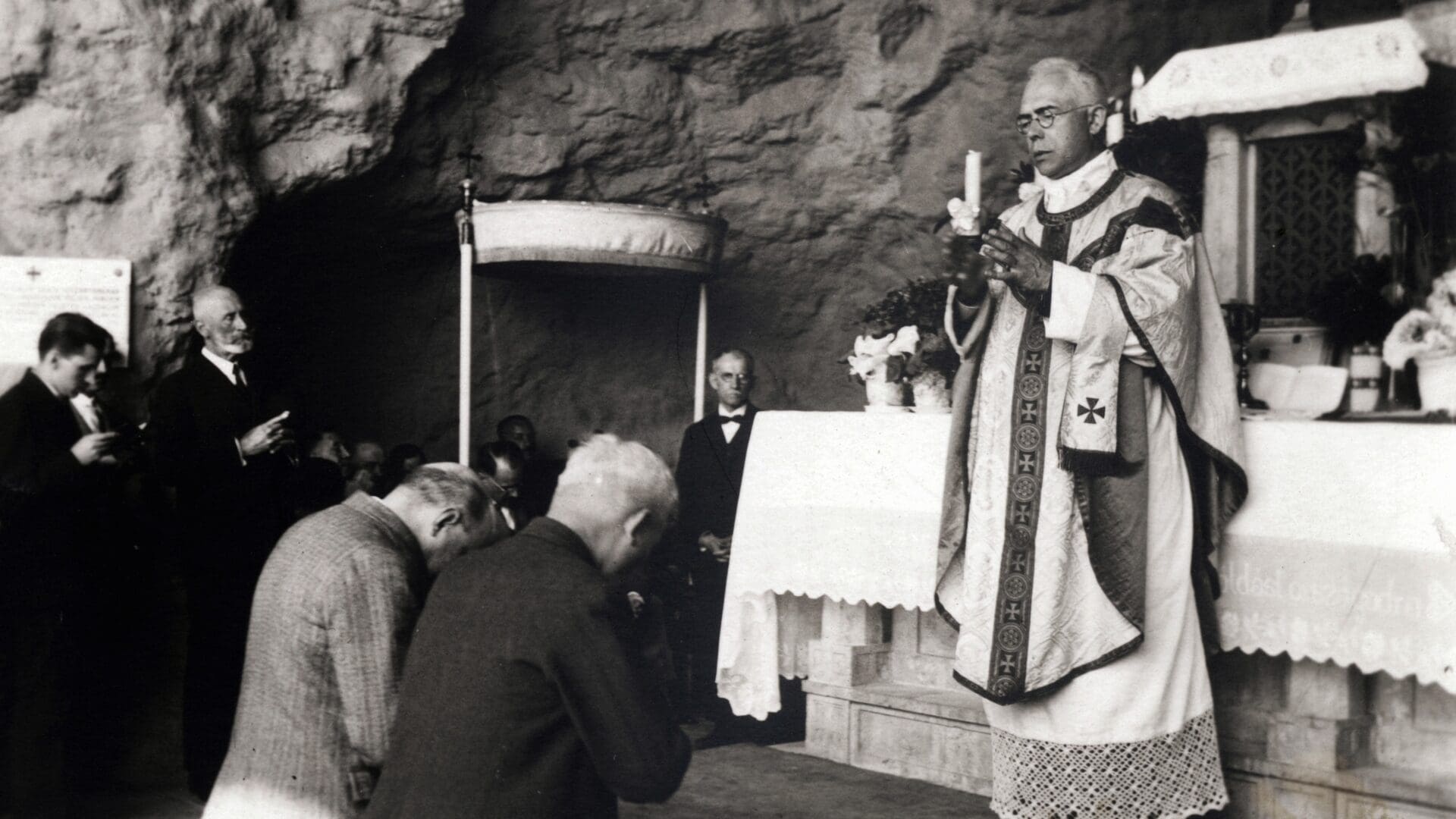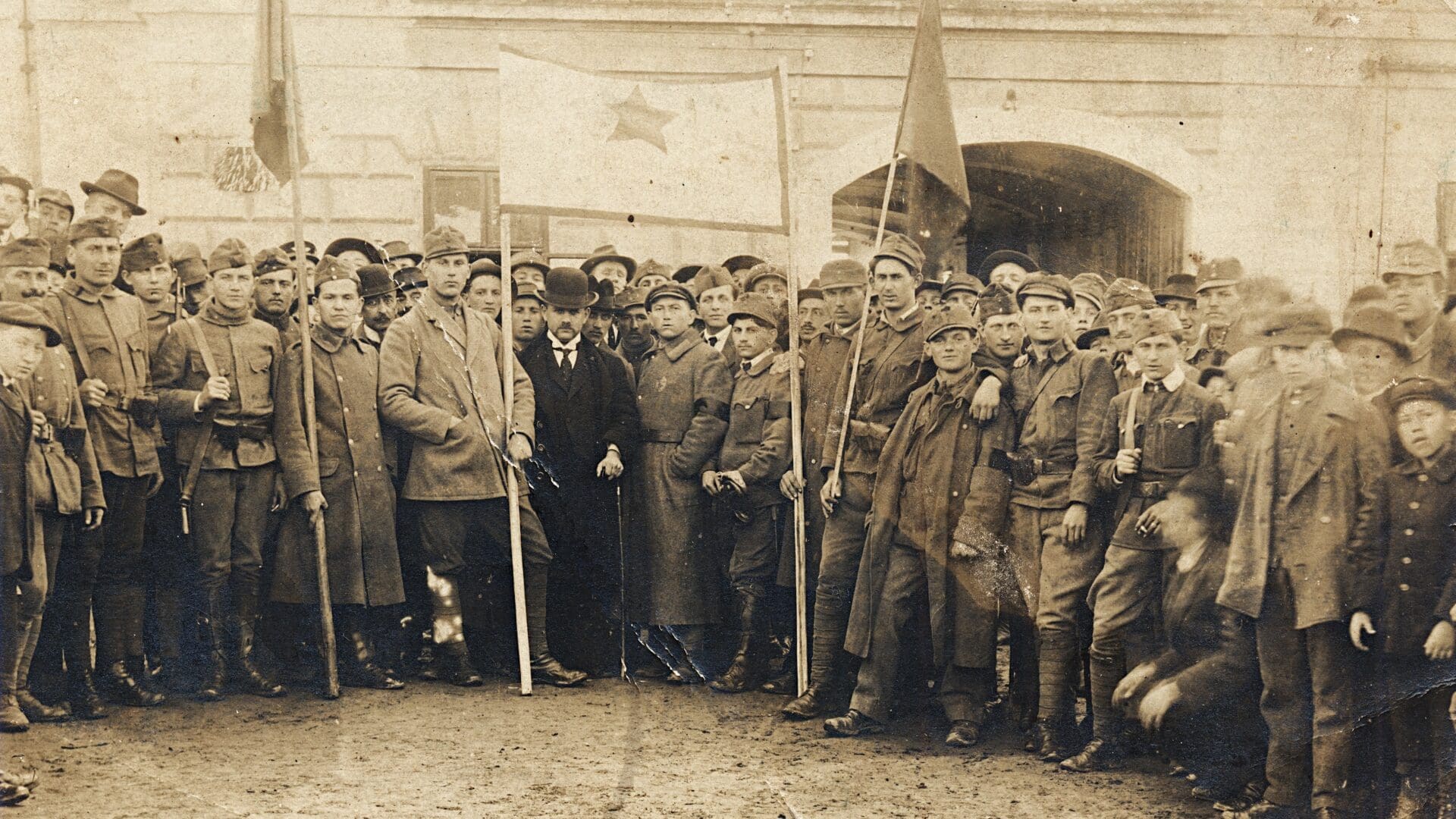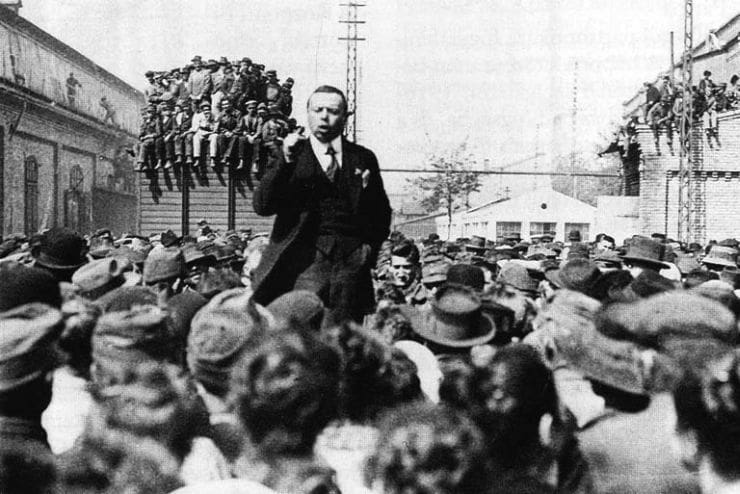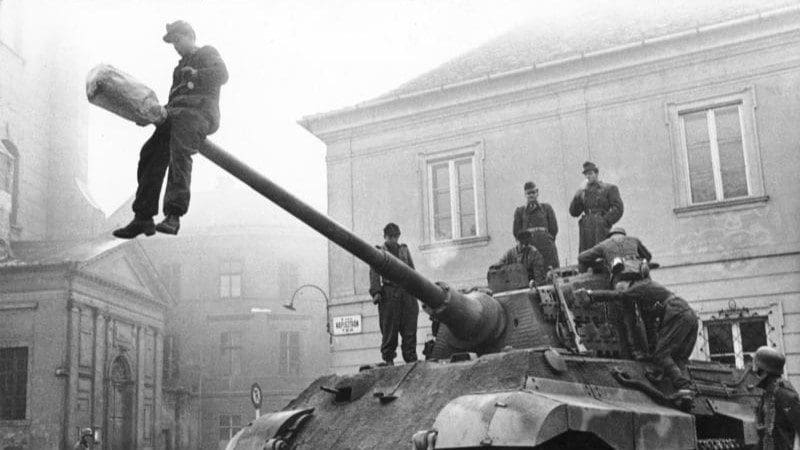
The Forgotten Hungarian Resistance in the Second World War — A Review of Ákos Bartha’s New Book
Bartha highlights that it is a painful phenomenon that the non-Communist Hungarian resisters ‘have been relegated to the no-man’s land in terms of memory politics in the 21st century.’ Hopefully, in the future, more attention will be devoted to the anti-Nazism not only of Endre Bajcsy-Zsilinszky or Lieutenant General János Kiss, but also that of István Lendvai, István Zadravecz or even Gyula Kornis.

